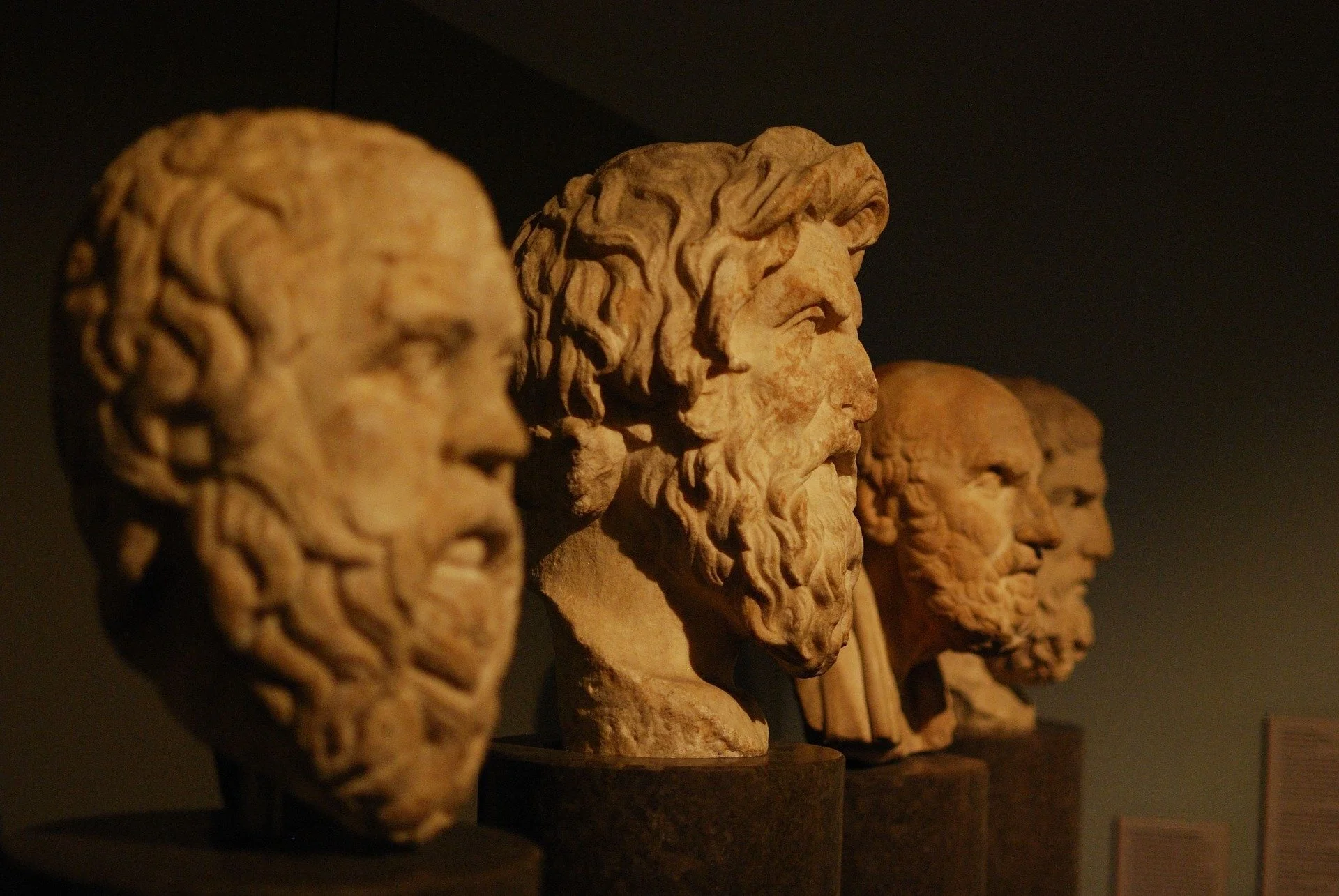Don't Just Teach Philosophy—Perform Philosophy!
I didn’t used to understand the theatrical aspects of teaching philosophy, even if those aspects came to me intuitively from my earliest days in the classroom. I have long since joked that teaching is the best acting gig there is! But what does it mean not merely to teach philosophy—which even the most uninspired philosophy teacher can do—but to perform philosophy in the classroom for your students?
I’m teaching philosophy again now—for the first time in over ten years—at College of Eastern Idaho. Being back in the classroom has allowed me to formalize my thoughts on philosophy teaching in a way that I wasn’t able to express ten years ago, even if I approached it the same way back then intuitively. It occurred to me, somewhere along the line during my first semester back in the classroom, that was I was doing was figuratively channeling each of the philosophers I was covering in my class—not just explaining their views and arguments, but metaphorically becoming the various philosophers for the students.
To me this means doing my absolute best to help students understand not only a philosopher’s views but also their motivations, their worldviews, their different ways of seeing reality—and, perhaps most importantly of all, for me to be so fully versed and steeped in any given philosopher’s worldview that I am instantly prepared to respond to any possible questions, objections, or alternative viewpoints from the perspective of that philosopher, as if each philosopher was somehow whisked out of the past and plunked down right there with students in class alongside me (think Bill & Ted’s Excellent Adventure).
So when I’m teaching Plato or Aristotle, Descartes or Hume, Kant or Husserl, Nietzsche or Heidegger, Lyotard or Baudrillard, I am not just explaining their views, I become and am those philosophers by proxy for my students, doing my best to channel their very essence dramatically before their eyes, and to make their views and arguments (even the crazy ones) seem as plausible as they can be, so that students don’t just learn about them, but seriously entertain and immerse themselves in the mindset of each philosopher.
This, I find, takes more than mere teaching ability. It takes dramatic ability—weaving together the works of various philosophers not only into a logical progression, but a dramatic one with peaks and valleys, with conflict and catharsis—such as the way Kantian philosophy can be seen as the cathartic end to the drama between rationalism and empiricism.
This dramatic quality, both of the progression and history of philosophy itself and of truly effective teaching in general, to me, is the heart of philosophy teaching—not only to instruct students but to help them see and experience the world in all the many different ways that the great philosophers have seen it—through their own eyes and minds brought to life in their written words and resurrected by their instructor in the classroom—and, most importantly, to help students form their own unique ways of seeing the world around them from having lived and experienced the drama of philosophy performed for them live before their very eyes.
In the Euthyphro dialogue by Plato, Socrates accuses Euthyphro’s words of being like the handiwork of Socrates’s supposed and mythological ancestor Daedalus, who was said to have created statues that moved on their own and would not stay put, which had to be tied down to keep them from walking away on their own. And while Socrates uses this simile as a critique of Euthyphro’s ever-shifting position in response to Socratic questioning, in some sense this is what I fancy myself to be doing when teaching philosophy: creating living versions of dead philosophers that are more lively than marble statues and philosophical edifices that are cold, dead, lifeless, and colorless. Like Daedalus’s statues, of which Socrates was so critical, I want students’ experience with philosophy, and with their own intellects, to take on a life of its own and walk alongside them for the rest of their lives, and into the future.







